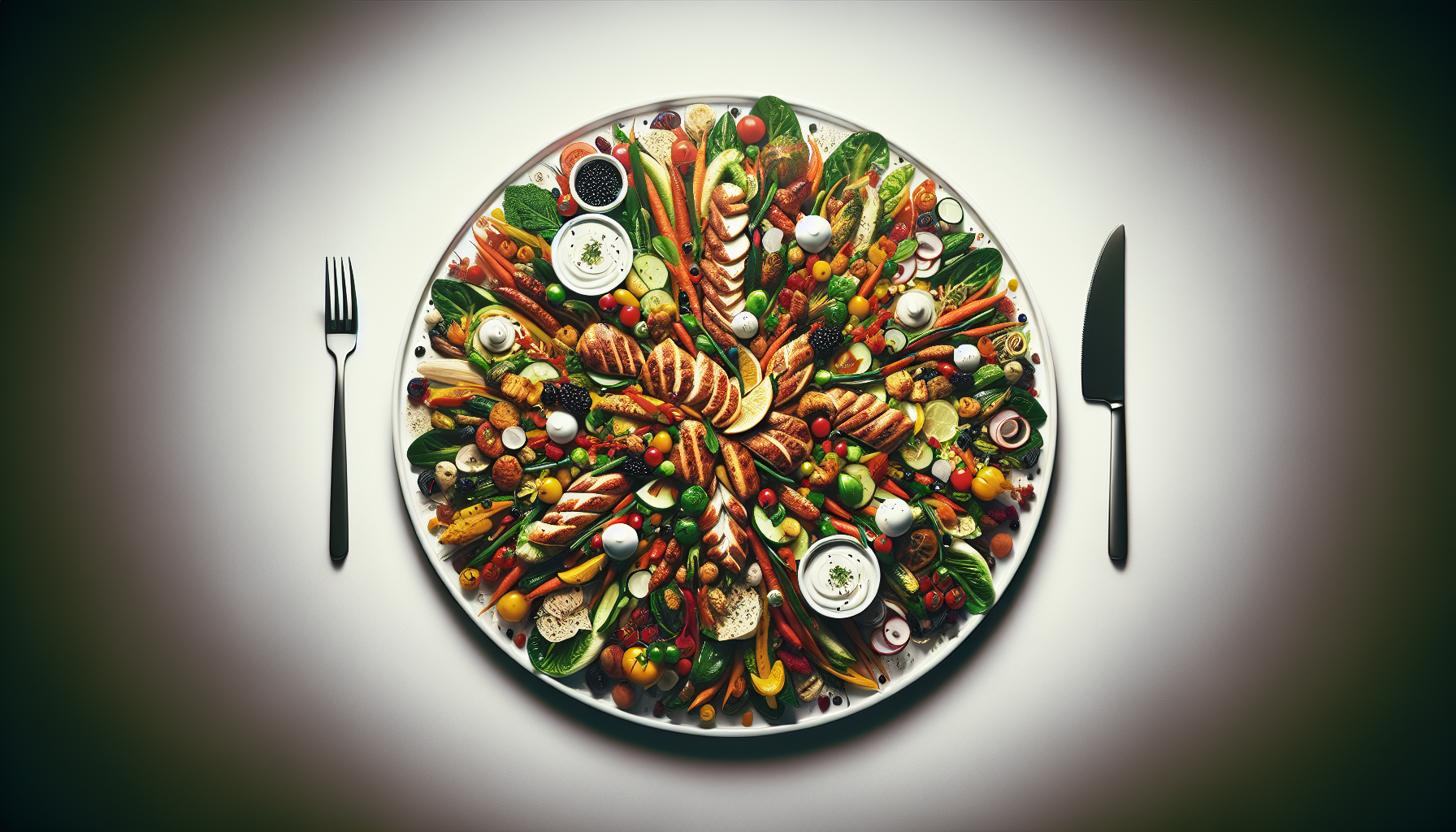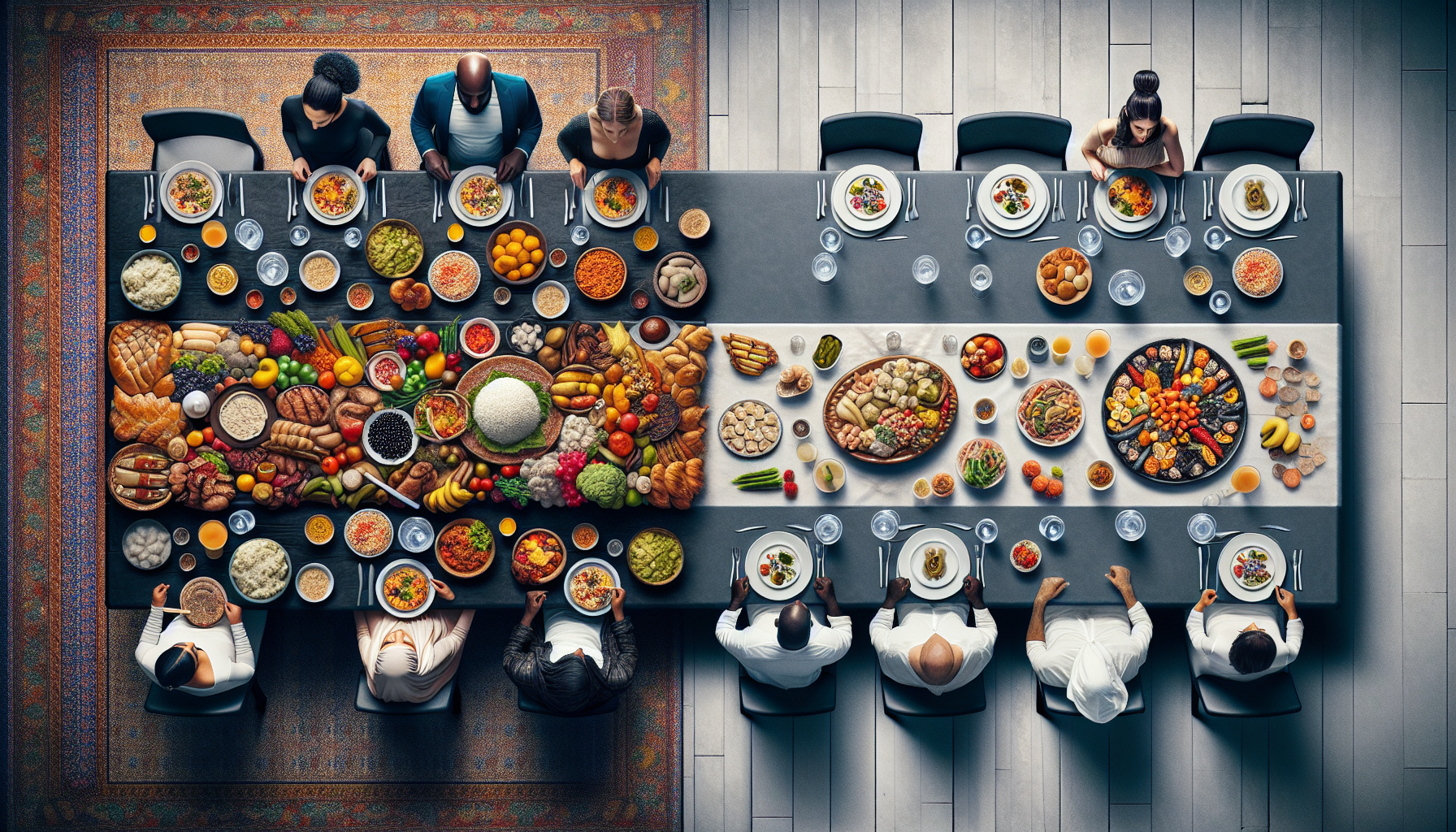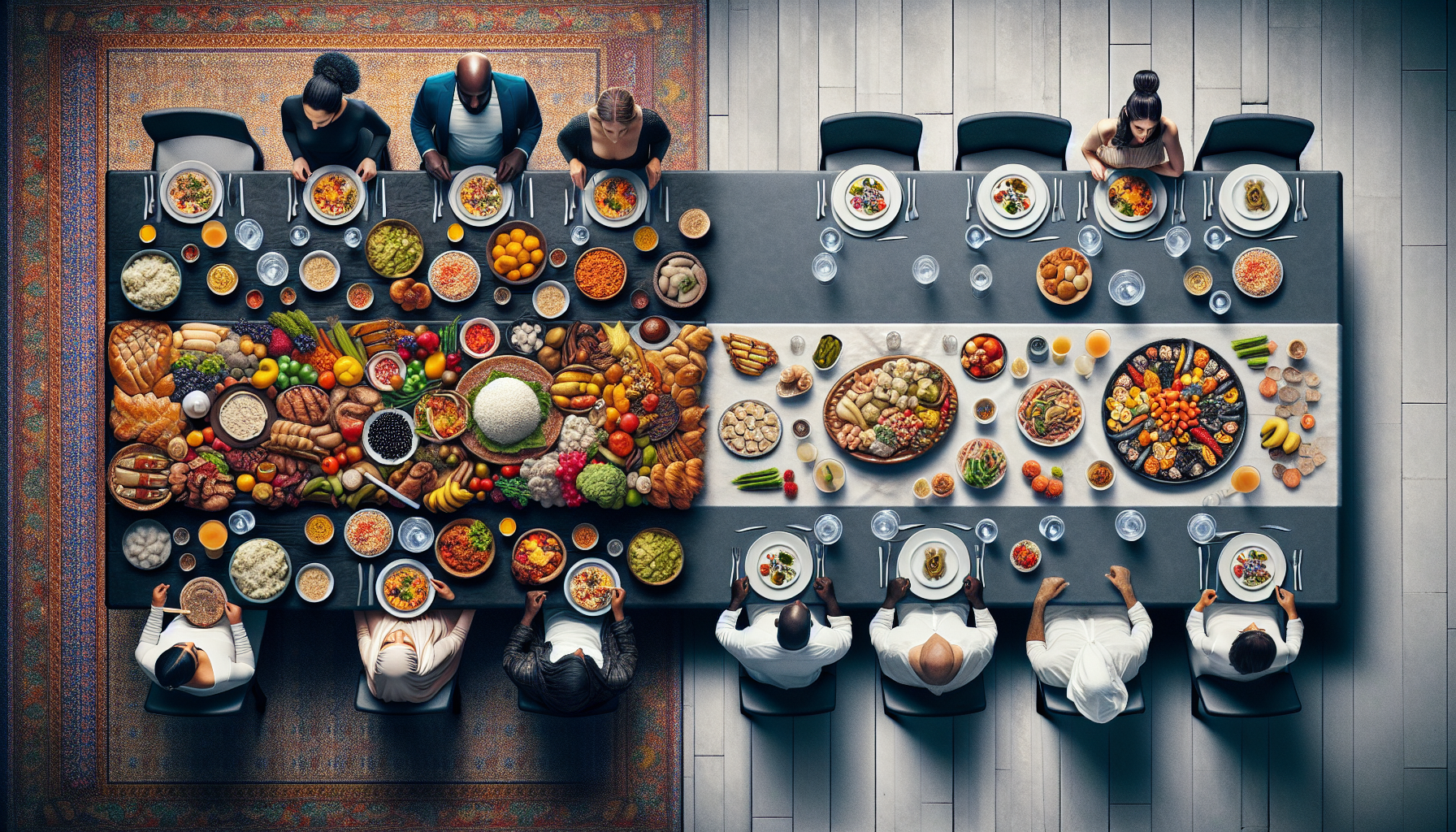Have you ever wondered if it’s more costly to cook for just yourself? In a world where grocery shopping can sometimes be overwhelming and leftovers tend to pile up, it’s a common concern. But fear not, because in this article, we’ll explore whether it truly is more expensive to cook for just one person. By addressing factors such as portion sizes, meal planning, and budgeting, you’ll gain a clearer understanding of how to make cooking for one not only enjoyable but also budget-friendly.

Factors to Consider
When it comes to grocery shopping and meal planning, there are several factors to consider. These factors can greatly impact your budget, your portion sizes, and your overall food waste. By understanding these factors and making informed decisions, you can minimize your expenses and make the most of your grocery shopping experience.
Grocery Shopping
Grocery shopping is the foundation of meal planning, and it’s essential to approach it strategically. There are several considerations to keep in mind when tackling your grocery list.
Bulk Purchasing
Buying in bulk can be a cost-effective way to stock up on essentials. It allows you to take advantage of lower prices and can save you money in the long run. However, it’s important to consider the shelf life of bulk purchases and ensure that you will be able to use the items before they expire.
Perishable Goods
While it may be tempting to buy all your groceries at once, especially perishable goods, it’s crucial to think about their shelf life. Purchasing large quantities of perishable items can lead to food waste if they spoil before you have a chance to consume them. Consider opting for smaller quantities or only buying perishables that you know you will be able to use within a reasonable timeframe.
Waste Reduction
Reducing waste should be a top priority when grocery shopping. By making conscious choices, such as buying products with minimal packaging or choosing items with longer shelf life, you can minimize waste in your home. Additionally, being mindful of the ingredients you purchase and their expiration dates can help you avoid food waste.
Portion Sizes
Planning your portion sizes is another crucial aspect of cooking for one person. It can impact both your budget and the amount of food you end up wasting.
Recipes and Scaling
Scaling down recipes is a skill that can save you both time and money. By adjusting the quantities of ingredients to fit your needs, you can ensure that you’re not left with excessive leftovers that may go to waste. Many recipe websites and apps provide the option to adjust servings, making it easier to cook single-serving meals.
Pre-packaged Options
Pre-packaged meals can seem like a convenient choice for a quick fix, but they often come at a higher cost. Opting to cook your meals from scratch can be more economical, allowing you to have control over portion sizes and the ingredients you use. However, if pre-packaged options work better for your lifestyle, consider buying them in bulk or looking for sales to save some money.
Fresh vs Frozen
When it comes to choosing between fresh and frozen ingredients, both options have their benefits. Fresh produce is often at its peak taste and quality, but it may not keep as long as its frozen counterparts. Frozen fruits, vegetables, or pre-prepared meals can be more cost-effective and provide a longer shelf life. Finding the right balance between fresh and frozen ingredients can help you reduce waste and save money.
Leftovers
Leftovers can be a valuable resource when cooking for one person. They can save you time and money by providing ready-made meals for future consumption. However, it’s important to utilize and store leftovers properly to avoid waste.
Utilization
Finding creative ways to incorporate leftovers into new dishes is a great strategy. For example, leftover roasted chicken can be transformed into a delicious chicken salad or used as a topping in a homemade pizza. By being open to experimenting with different flavor combinations and using your creativity, you can turn leftovers into exciting new meals.
Storage
Proper storage plays a vital role in prolonging the shelf life of leftovers. Investing in airtight containers or freezer bags can help keep your leftovers fresh for longer. It’s important to label and date your containers to ensure you use them before they spoil. Developing a system for organizing your leftovers can help you keep track of what needs to be consumed first.
Creativity in Repurposing
Repurposing leftovers is all about thinking outside the box. For example, leftover mashed potatoes can be used to make potato pancakes or incorporated into a shepherd’s pie. By embracing creativity in the kitchen, you can turn simple leftovers into gourmet creations and prevent food waste.
Meal Planning
Meal planning is a valuable practice for anyone, especially when cooking for one person. It can help save time, reduce waste, and ensure that you have a well-balanced diet.
Batch Cooking
Batch cooking involves preparing larger quantities of meals and portioning them out for future consumption. This method allows you to take advantage of bulk purchases, minimize waste, and have ready-made meals on hand whenever you need them. By dedicating a specific day or time to cook in bulk, you can streamline your meal preparation process.
Freezing Portions
Freezing portions is an excellent way to extend the shelf life of your meals. By dividing your batch-cooked meals into individual portions and freezing them, you can enjoy a variety of home-cooked meals without the hassle of cooking every day. This approach also allows you to take advantage of bulk discounts and prevent food waste.
Weekly Menus
Creating a weekly menu can help you stay organized and make efficient use of your groceries. Before heading to the grocery store, plan out your meals for the week, taking into account any leftovers that can be repurposed. This way, you can buy only what you need, reducing the chances of buying unnecessary items or letting ingredients go to waste.
Cost Comparisons
Understanding the cost implications of your food choices is crucial to budgeting and optimizing your grocery shopping experience. Several factors contribute to the overall cost, such as grocery prices, food waste impact, convenience foods, and eating out.
Grocery Prices
Comparing grocery prices is an essential step in optimizing your expenses. Take the time to compare prices across different stores and brands, keeping in mind the quality and freshness of the items. Planning your grocery shopping around sales and discounts can also lead to significant savings.
Food Waste Impact
Reducing food waste can have a positive impact on your budget. When food items spoil or expire before you can consume them, it’s essentially money wasted. By paying attention to the shelf life of products, utilizing leftovers effectively, and avoiding impulse purchases, you can minimize food waste and stretch your budget further.
Convenience Foods
Convenience foods can be both a time-saver and a budget-drainer. While they may seem practical for busy individuals, they often come at a higher cost compared to homemade meals. Assessing the value of convenience versus the impact on your wallet can help you make informed choices.
Eating Out
Eating out is a tempting option, especially when cooking for just one person. However, it can quickly add up and strain your budget. By limiting dining out and prioritizing home-cooked meals, you can not only save money but also have more control over the ingredients and portion sizes.

Community Options
Exploring community options can provide additional support and resources for cooking for one person. Engaging in meal-sharing activities, joining cooking clubs, and visiting farmers’ markets are all great ways to enhance your cooking experience.
Meal Sharing
Consider organizing meal-sharing events with friends, family, or neighbors who are also cooking for one. This allows you to share the cooking responsibilities and enjoy a variety of home-cooked meals without the pressure of cooking every day.
Cooking Clubs
Joining a cooking club or attending cooking classes can provide you with new recipes, techniques, and a sense of community. These clubs often host events and share tips for cooking for one person, helping you expand your culinary skills and knowledge.
Farmers’ Markets
Visiting farmers’ markets is a fantastic way to access fresh, locally sourced produce. Not only can you support local farmers, but you can also find unique ingredients to spice up your cooking. Exploring the vibrant atmosphere of farmers’ markets can be an enjoyable experience and inspire you to try new recipes.
In conclusion, cooking for one person requires a thoughtful and strategic approach to maximize resources, minimize waste, and save money. By considering factors such as grocery shopping, portion sizes, leftovers, meal planning, cost comparisons, and community options, you can establish a sustainable and enjoyable cooking routine. With a little planning and creativity, cooking for one can be a rewarding experience that nourishes both your body and your wallet.
